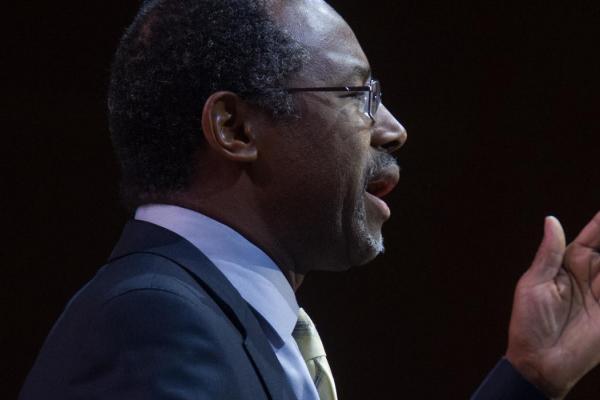Carson, a renowned neurosurgeon, has compared same-sex marriage to bestiality and pedophilia. He even suggested segregating bathrooms for the transgender population since it was unfair to make non-trans individuals uncomfortable. And this week, Carson referred to trans individuals as “abnormal” and said they should not be given “extra rights.” His comments on the LGBT community may seem outrageous to many — even to those in evangelical and mainline faith traditions who have left the “being gay is a choice” rhetoric in the past. Yet Carson, perhaps the most visibly religious presidential candidate, holds onto many of his anti-LGBT views.
If Carson’s faith affects his politics, it’s important to contextualize his conservative LGBT views with his church affiliation. Indeed, the Seventh-day Adventist Church espouses many similar views, which stem from a long, complicated history with the LGBT community.
Read the Full Article

